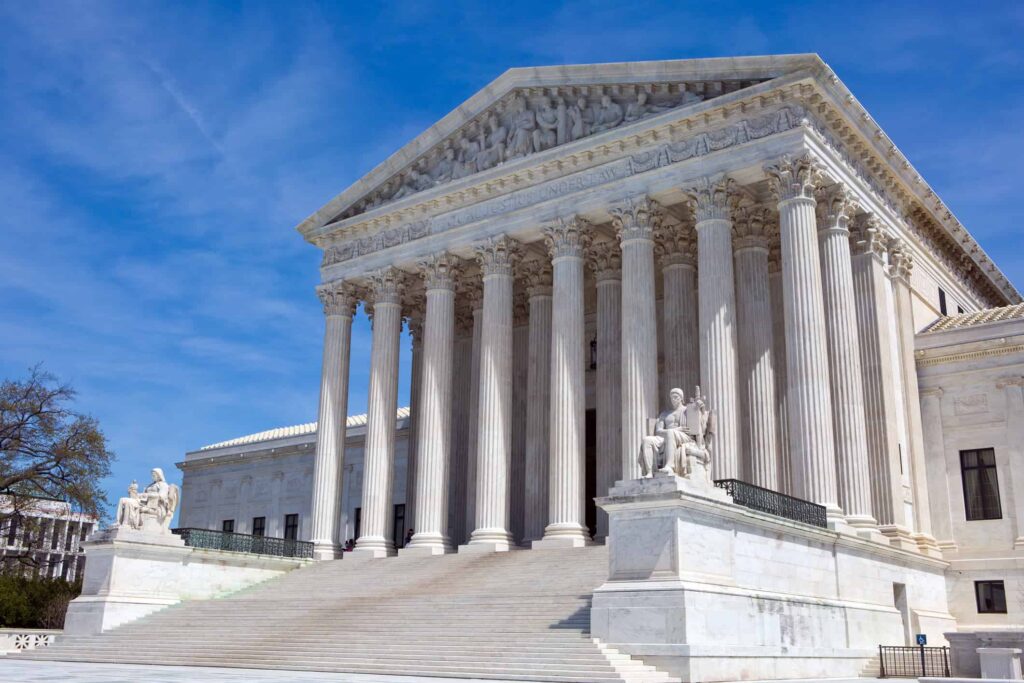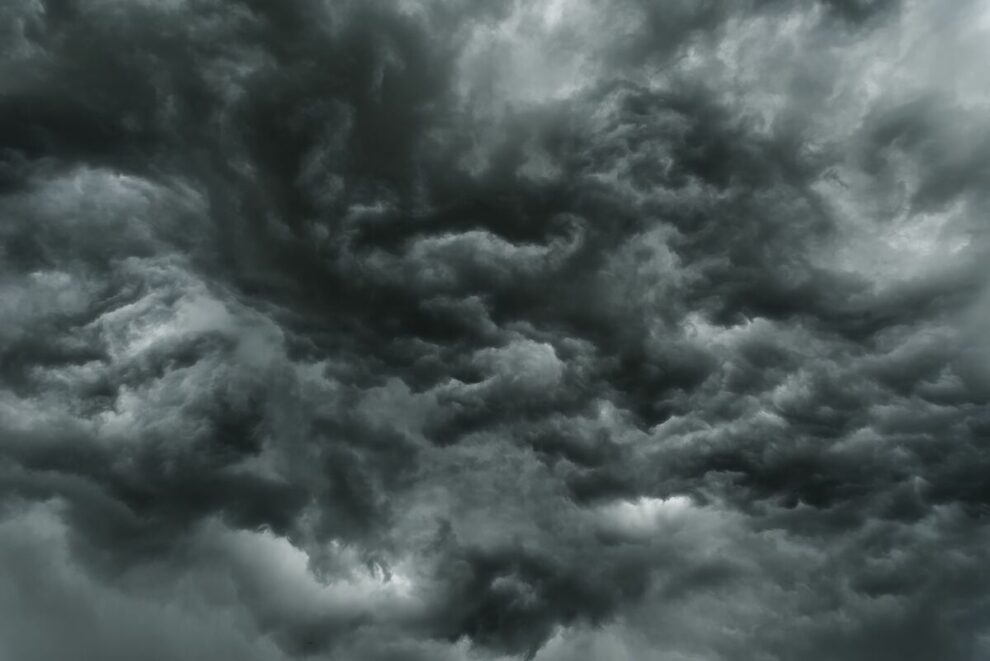Judith Curry is a tropical meteorologist, retired chair of Earth Sciences at Georgia Tech and now head of a private climate research consortium. In a recent essay at National Review she reflected on the 2019 hurricane season, and in particular on the weird habit of blaming each and every cyclone on man-made greenhouse gas emissions despite the absence of a scientific consensus on the connection. Her bottom line? "It does no one any good to proceed on the assumption that reducing fossil-fuel emissions will mitigate damage from future hurricanes in a meaningful way.” You can imagine how popular she is with the university crowd.
Now some might say well, even if the link isn’t as proven as journalists would have you believe, surely it pays to err on the side of caution. But Curry says the panic is preventing us from doing precisely that. “The hype that links today’s hurricanes to man-made climate change,” she writes, “is diverting our attention from implementing policies that can reduce our vulnerability to hurricanes, which by some measures were worse prior to 1970. These policies include fixing our federal disaster policies and state insurance policies, making better land-use decisions, improving building codes and coastal engineering, hardening infrastructure, and protecting coastal wetlands."
Curry was a coauthor of one of the studies that emerged after Hurricane Katrina wiped out New Orleans in 2005. In those long-ago days she was innocent enough to think that people would want to discuss the science calmly and rationally so she was unprepared for the magnitude of the political reaction. She was then on the alarmist side of the issue but eventually realized she had a better chance of having a reasonable discussion by wandering over to the skeptics' hangouts. The near-total absence of hurricane activity in the decade after 2005 caused her to reassess the alarmist position, and the extraordinarily unprofessional professional hostility she encountered after she began listening to skeptic arguments eventually prompted her to leave her academic position and find her own voice.
In her capacity of maverick she is now free to say lots of eminently sensible things without having to worry about being fired or losing her research funding. And so her essay on the hurricane season merits a careful read. It begins "Don't overhype the link between hurricanes and climate change. Doing so erodes scientific credibility — and distracts from the urgent need to shore up our vulnerability to storms’ impacts."
Curry discusses some recent efforts by the IPCC and World Meteorological Organization to assemble consensus reports on the subject and reveals that no such consensus has been found. The evidence is slender and conflicting regarding the impacts of warming on hurricane formation and damages. One problem is that US disaster relief programs have, in the past, rewarded people handsomely who choose to live in the path of hurricanes, leading to... well you can guess. (Hint: If you rebuild it, they will come back.)
Despite all this evidence and warnings from climate scientists like, well, Judith Curry, the media makes it sound like all scientists believe human-caused warming is making hurricanes more frequent and harsher. As Curry points out: "Rather than referencing these assessment reports, sensationalized news coverage of the issue tends to lean on activist climate scientists with little or no expertise in hurricanes, implying that their speculative perspective represents the 'consensus.'"
Curry takes the view that a lot of people live in the paths of potential devastating storms, and it's a waste of time to get ground down in pointless fights about the impacts of greenhouse gases. What we can say for certain is that coastal communities need to be resilient to storms that can reasonably be expected to hit once in a while. In climate policy, first do no harm, then try to do some good. On the ground, and intellectually.



Judith Curry is certainly a climate scientist who fights climate alarmism with facts and evidence.